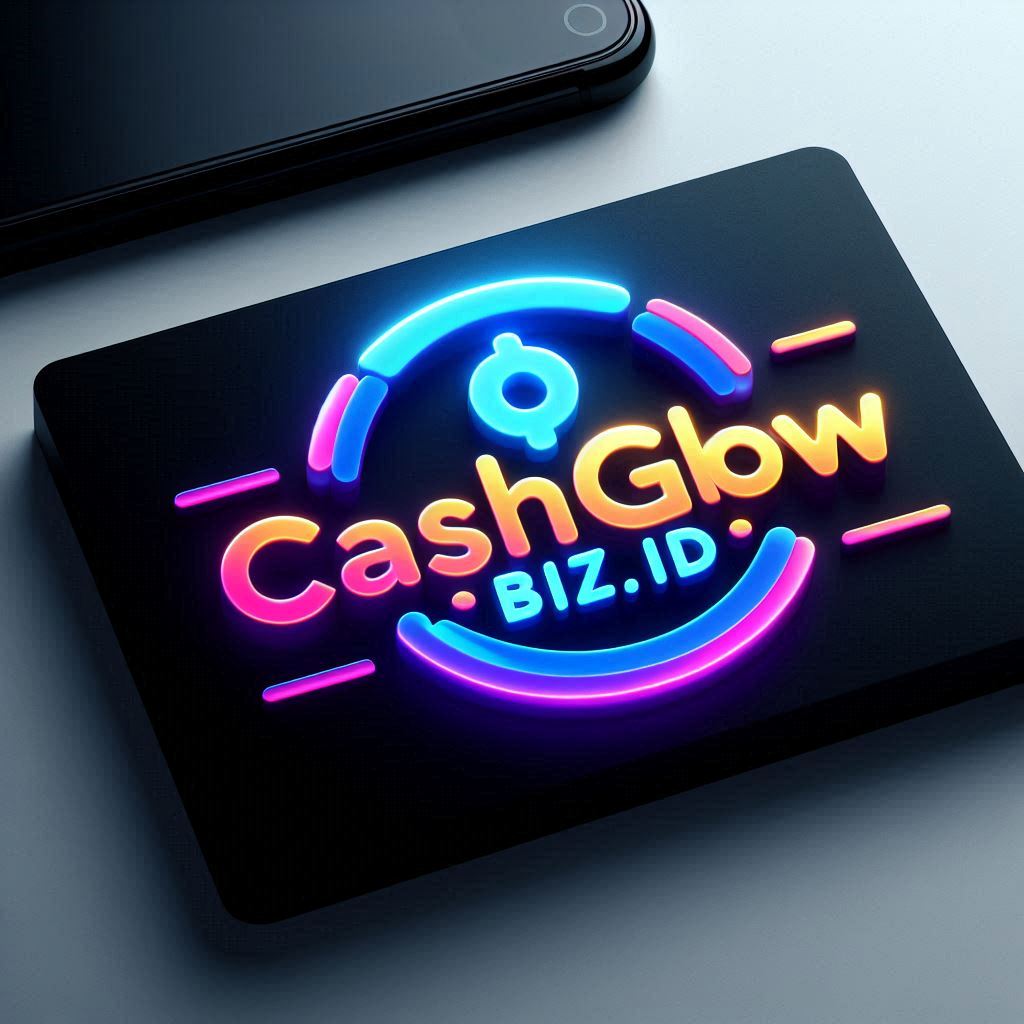Introduction
Software engineering is a rapidly growing field that combines principles of computer science and engineering to develop software systems that are reliable, efficient, and scalable. As technology continues to evolve, the demand for qualified software engineers increases dramatically. Western Governors University (WGU), a pioneer in online competency-based education, offers a well-structured Software Engineering bachelor’s degree program designed to prepare students for the dynamic tech industry.
This article explores WGU’s Software Engineering program in detail, providing prospective students and interested professionals with insights into its curriculum, learning model, admission process, and career opportunities.
Table of Contents
-
Introduction
-
About Western Governors University (WGU)
-
Overview of the WGU Software Engineering Program
-
Curriculum and Course Structure
-
Competency-Based Education Model at WGU
-
Faculty and Support System
-
Admission Requirements and Enrollment Process
-
Program Flexibility and Online Learning Environment
-
Career Outcomes and Job Prospects for Graduates
-
Certifications and Industry Alignment
-
Tuition, Financial Aid, and Scholarships
-
Student Experience and Community
-
Challenges and Tips for Success
-
Comparison with Other Software Engineering Programs
-
Conclusion
About Western Governors University (WGU)
Founded in 1997 by a coalition of U.S. governors, Western Governors University is a nonprofit, fully online university committed to expanding access to quality higher education. WGU stands out for its innovative competency-based education (CBE) model, which allows students to progress by demonstrating mastery of skills rather than time spent in class.
Key features of WGU include:
-
Accreditation: Regionally accredited by the Northwest Commission on Colleges and Universities (NWCCU).
-
Mission: To improve quality and accessibility of higher education.
-
Student Demographics: Over 130,000 students nationwide, primarily adult learners balancing education with work and family.
Overview of the WGU Software Engineering Program
The WGU Bachelor of Science in Software Engineering is designed to build both theoretical knowledge and practical skills. The program covers software development lifecycle, software design principles, programming languages, software testing, and project management.
Program Highlights:
-
Degree Level: Bachelor of Science (B.S.)
-
Duration: Typically 3 to 4 years at a flexible pace
-
Delivery: 100% online, self-paced with mentor support
-
Focus Areas: Programming, software architecture, database management, and software quality assurance
The curriculum is designed with input from industry experts to ensure relevance and alignment with current job market demands.
Curriculum and Course Structure
The program consists of various courses grouped into several key domains:
a. Foundational Courses
-
Introduction to IT and software fundamentals
-
Mathematics for computing
b. Core Software Engineering Courses
-
Object-Oriented Programming
-
Data Structures and Algorithms
-
Software Design and Architecture
-
Software Testing and Quality Assurance
-
Requirements Analysis and Project Management
c. Supporting Courses
-
Database Systems
-
Web Development
-
Operating Systems
-
Networking Basics
d. Capstone Project
A final project that requires students to apply their cumulative knowledge to design, implement, and document a complete software system.
Each course requires students to complete assessments demonstrating their mastery, including projects, exams, and practical assignments.
Competency-Based Education Model at WGU
WGU’s competency-based approach is a core differentiator. Instead of traditional semester schedules and lectures, students advance by proving their understanding and skills through assessments.
Benefits include:
-
Self-Paced Learning: Move faster through material you know well.
-
Mastery Focus: Emphasis on learning outcomes, not just time spent.
-
Real-World Skills: Assessments simulate real industry scenarios.
-
Cost-Effective: Flat-rate tuition per term, encouraging faster graduation.
This model suits motivated learners who can manage their time effectively and want to accelerate their education.
Faculty and Support System
While the program is online and self-paced, students at WGU receive personalized support from:
-
Course Mentors: Dedicated mentors provide guidance, help with understanding concepts, and encourage progress.
-
Program Mentors: Focus on broader educational goals, career advice, and personal motivation.
-
Technical Support: Available for any platform or access issues.
This support network helps students stay on track and succeed in a virtual environment.
Admission Requirements and Enrollment Process
WGU has a relatively accessible admission process designed to accommodate working adults:
-
Application: Online form including personal information, education history.
-
Interview: Phone interview to assess goals and readiness.
-
Transcripts: High school diploma or GED required; transcripts from previous college work if applicable.
-
Assessment: May include placement tests to determine course starting points.
Because of the flexible nature of the program, students can enroll year-round, unlike traditional universities with fixed semesters.
Program Flexibility and Online Learning Environment
The 100% online format allows students to study anytime, anywhere, which is ideal for those juggling work or family commitments. Course materials include:
-
Video lectures
-
Reading assignments
-
Interactive quizzes
-
Hands-on labs and projects
WGU’s learning platform is user-friendly and accessible on multiple devices, promoting continuous engagement.
Career Outcomes and Job Prospects for Graduates
Graduates from WGU’s Software Engineering program find employment in diverse roles, such as:
-
Software Developer
-
Systems Analyst
-
Quality Assurance Engineer
-
Software Tester
-
Web Developer
-
Project Manager in IT
WGU’s career services help students with resume building, interview preparation, and job placement assistance. The program’s industry-aligned curriculum helps graduates meet employer expectations and thrive in competitive markets.
Certifications and Industry Alignment
WGU’s Software Engineering curriculum incorporates preparation for key certifications that enhance employability, including:
-
Certified Software Development Professional (CSDP)
-
Certified Software Tester (CSTE)
-
CompTIA Security+ (for security fundamentals)
-
Project Management Professional (PMP) basics integrated into project courses
These certifications bridge academic learning with professional standards.

